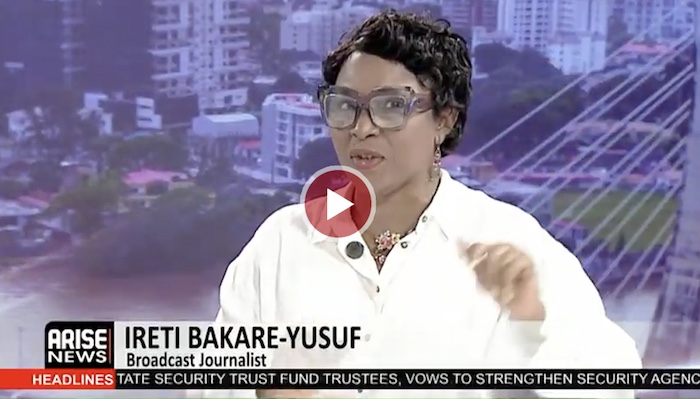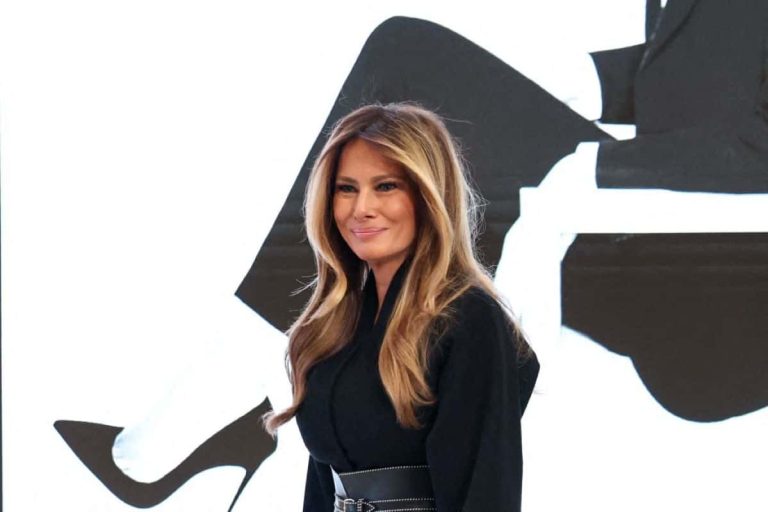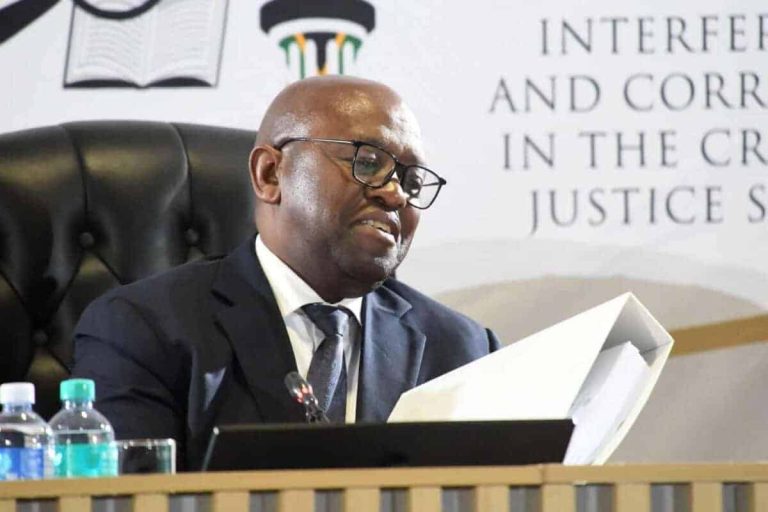

Broadcast journalist Ireti Bakare-Yusuf has strongly criticised the recent decision by the Nigerian Ministry of Education to remove the policy mandating indigenous languages in primary schools, calling the move a destructive step against the country’s educational and cultural foundations while also arguing that the policy change, announced at a British Council event, disregards both empirical research and the rights of children to learn in a language they know best.
Speaking In an interview with ARISE NEWS on Sunday, Bakare-Yusuf explained that the milestone is significant for understanding Nigeria’s broader educational framework and the role of mother-tongue instruction. Rererencing the Ife Experiment led by Professor Fafunwa, which demonstrated that children taught in their native languages before learning English performed significantly better academically.
“Significant in some measure, the proposal was to have a West African power pool, which is basically saying you want to create a regional electricity market where loads can be dropped anywhere in West Africa, just like in Europe.”
Bakare-Yusuf criticised the minister’s rationale that indigenous language instruction was causing students to fail exams, calling the claim blatantly false. “It’s so ridiculous that it’s embarrassing. One wonders what sort of backbone this is. Because when three years, then he’s a medical doctor, is he not? He knows that there is no test, no new medicine in the lab that is qualified after three years. It takes years of research, of testing, through testing. So why then does he think so?”
She argued that the policy’s removal is particularly harmful to students in rural and underserved communities, who often lack access to English-speaking teachers. “Those who get disadvantaged with this scrapping are the poor people, are the people in the hinterlands, are the people who don’t have access to teachers who can speak English like us. Why should children be disadvantaged? When we’re all born, we’re born making sounds. The language you hear first is the language you become familiar with.”
Bakare-Yusuf also raised concerns about the federal budget for education, noting that the 2025 allocation of 3.52 trillion naira represents just 7.8% of the total national budget, lower than the 2024 figure. “You can’t be renewing any hope if you’re reducing the budget. You’re practically killing, desecrating any hope that these children have. You are desecrating any hope that we have, the pride that we have in our indigenous languages.”
The activist further criticised the minister for not engaging stakeholders before scrapping the policy. “If he respects the industry, if he respects academics, if he respects the educators, indeed, if he respects the children and the future of our children and their language, he will learn to sit with stakeholders and say, look, this is what we found. Where do we go from here?”
Bakare-Yusuf also addressed misconceptions about indigenous language instruction being a disadvantage. Drawing on her personal experience raising children bilingually, she said, “It doesn’t make you any less intelligent. It does not make you any less, I think sometimes people feel they can’t express themselves in English, it means they can’t express themselves at all.”
Highlighting the need for proper implementation, she noted that countries like Finland, Wales, and South Africa successfully use multiple languages in their education systems, showing that diversity in instruction can work if well-resourced and well-planned. Yes, we can. First of all, I think it’s at this point, I’m going to bring up the budget, because I had to say, what could be causing this? Because I like to say something, I say, those who can plan. And it does people, it makes them think about it. If you want to have your birthday party, because you want to have it, you start to plan for it. What you care about, you plan for. And once you start planning for it, the first thing you start with is your budget, right?”
Bakare-Yusuf concluded by calling on publishers, educators, and government officials to fight for the preservation of indigenous languages, describing the policy change as “vandalism” and stressing that “a nation that silences its mother’s tongue silences its future. We will not do that. Toba Ekpam, alati bosi tango. To fight for this, abosi talati, fight for it. Because this language that I’ve just spoken, it is me. Like my sister wrote, Bibi said, and she says here, a nation that silences its mother’s tongue silences its future. Children deserve to learn a language that knows them best.”
Erizia Rubyjeana



